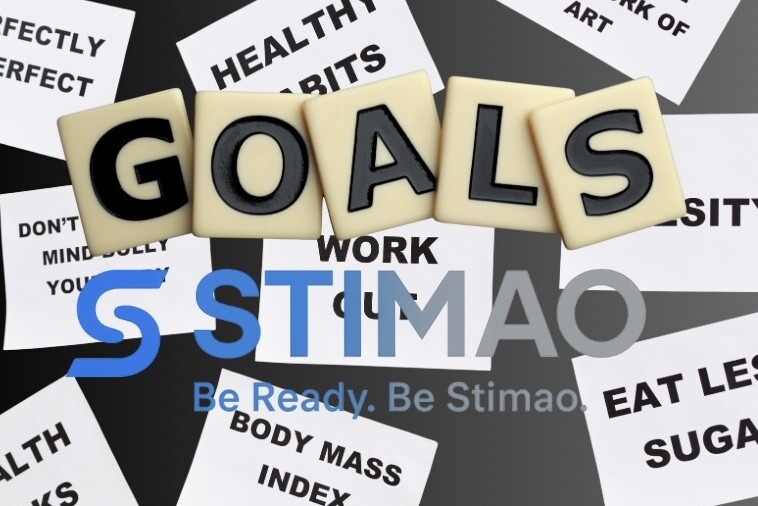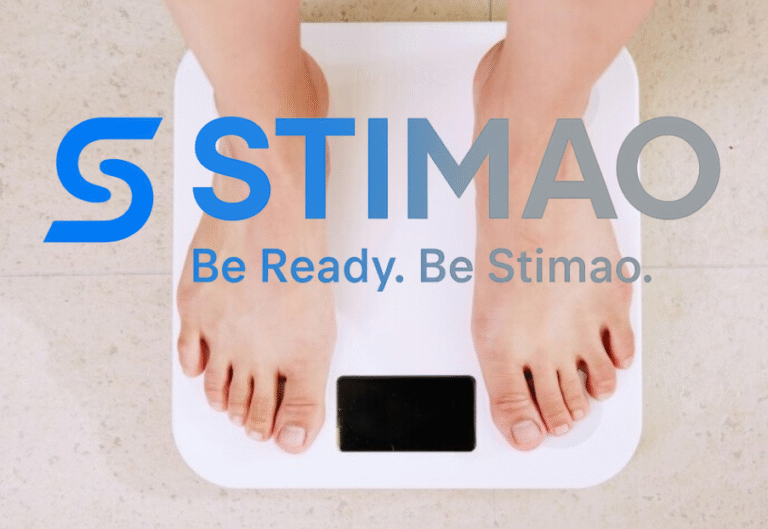 Intermittent fasting has been growing like wildfire in the wellness community. It’s not just about skipping meals randomly, but actually scheduling your eating in a structured way. Some folks swear by it for its health perks, like improved metabolism and better weight management. But as with anything trendy, it’s got its fair share of skeptics, too.
Intermittent fasting has been growing like wildfire in the wellness community. It’s not just about skipping meals randomly, but actually scheduling your eating in a structured way. Some folks swear by it for its health perks, like improved metabolism and better weight management. But as with anything trendy, it’s got its fair share of skeptics, too.
There are some pretty neat benefits that come with intermittent fasting if you handle it right. A lot of people find it helps with managing weight because it can make you more mindful of what you’re eating. Plus, there’s talk about it improving things like heart health and possibly even helping you live longer. It’s like giving your digestive system a break, which might have some pretty cool perks!
On the flip side, there are a few things to watch out for. Not getting enough nutrients, feeling low energy, or bumping heads with your social plans because you can’t eat with friends—it happens! These are some of the disadvantages of intermittent fasting that people face. And if you try it the wrong way, it might do more harm than good.
Doctors sometimes hesitate to give it a thumbs up. Why? Well, they’re cautious about side effects like low blood sugar or potential nutrient deficiency. It’s about walking a fine line between health benefits and risks, so it’s no surprise some docs remain on the fence about it, especially when patients have unique health needs or underlying conditions.
Then there’s this thing about 16-hour fasting. What’s up with that? Turns out, this particular timeframe can stimulate certain biological processes like autophagy—kind of like a spring cleaning for your cells. But it’s not a magic trick. It’s about what suits your body and lifestyle the best.
Navigating intermittent fasting isn’t always straightforward, so weighing the good with the bad is key. If you find yourself curious about trying it, check in with a health pro to make sure it’s safe for your specific situation. Health isn’t one-size-fits-all, after all!





